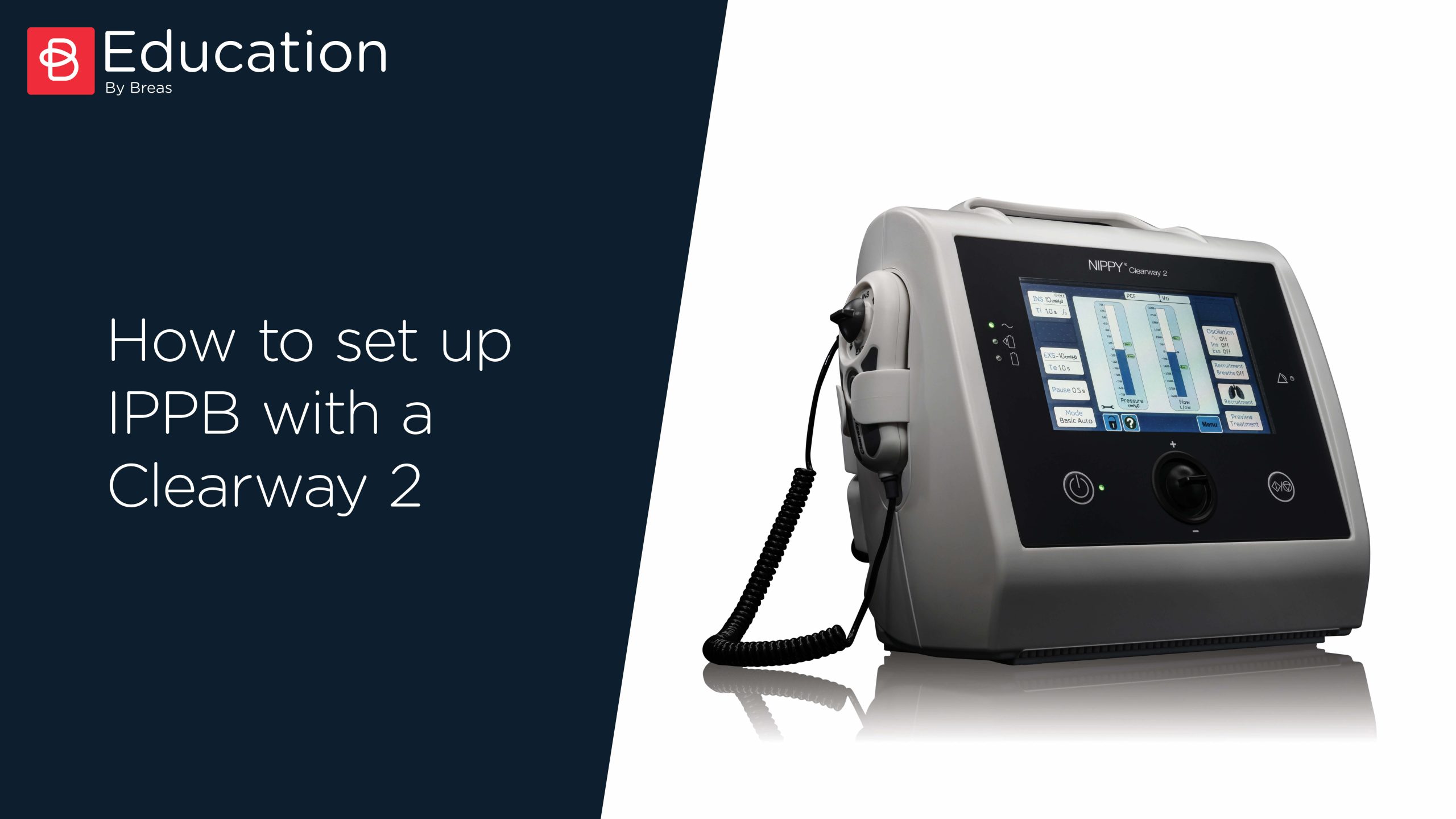Abstract
BACKGROUND:
Mechanical insufflation-exsufflation (MI-E) devices increase expiratory air flow and thereby promote increased cough peak flow (CPF) in conjunction with a cough. There is little research looking at long-term use of MI-E in subjects with neuromuscular disease (NMD), and no long-term study has reported CPF, MI-E device settings, and adherence.
METHODS:
We evaluated 181 patient records (130 adults, 51 children) of individuals who received a MI-E device from our center between February 2014 and February 2018. Median age (interquartile range [IQR]) was 27 (14-51) y. Duchenne muscular dystrophy (DMD), spinal muscular atrophy (SMA), and amyotrophic lateral sclerosis (ALS) were the 3 most common diagnoses.
RESULTS:
MI-E devices were provided to the weakest subjects with a CPF < 160 L/min. Median (IQR) settings were insufflation, 25 (23-30) cm H2O, exsufflation -35 (-30 to -40) cm H2O, insufflation time 1.5 (1.3-1.7) s, exsufflation time 1.8 (1.5-2.0) s, and pause 1.5 (1.3-2.0) s. The inspiratory flow profile was set to high in all subjects, and no subject used supplemental oxygen with the MI-E device. When comparing insufflation pressures to exsufflation pressures, a greater negative pressure was used relative to positive pressure (P < .001). When comparing insufflation to exsufflation time, there was a significantly longer exsufflation duration (P < .001). Median (IQR) CPF at the start of MI-E was 60 (10-100) L/min. There was no correlation between either insufflation or exsufflation pressures and CPF. Median (IQR) usage for the group was 60% (13.5-100%) of days for the total days. Subjects with tracheostomies or SMA type I had the greatest adherence to treatment. Median (IQR) duration of MI-E use was 17 (8.5-32) months. Ninety-six percent of subjects were receiving ventilatory support.
CONCLUSIONS:
Greater exsufflation pressures than insufflation pressures, together with a shorter insufflation time than exsufflation time, were used. Predicting good adherence among the subjects was difficult. Subjects who produced daily secretions were more likely to use MI-E every day.














